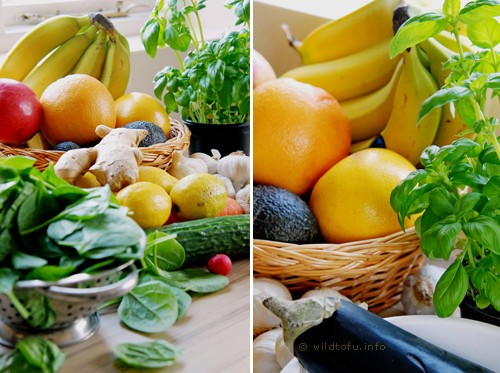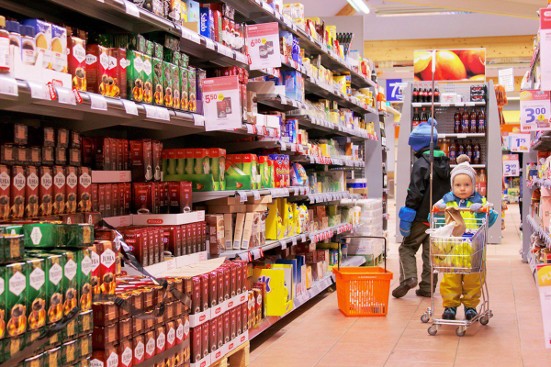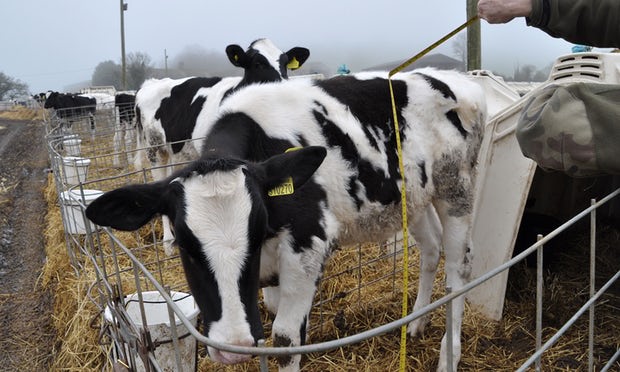In the U.S. there was a time when it was simply inconceivable to serve a meal without meat. Vegetables were served as side dish in many cases just to make the meal look more colorful. However, currently there’s a shift taking place in the mindset of many people when it comes to reconsider their diet habits. It has become quite obvious due to several research studies done by elite universities such as Harvard Medical School and Oxford University that meat consumption is linked to heart disease, stroke, type 2 diabetes, obesity, certain cancers, and earlier death while plant-based food diminishes the risk for heart disease, stroke, diabetes, chronic disease, and some cancers. If this process of switching to a plant-based diet should continue, the vegan lifestyle might go mainstream by 2020.
“Throughout the history of the American dinner plate, meat held pride of place—a hunk of beef resting next to a pile of starch, with a few tepid vegetables perhaps thrown in for a dash of color and virtue. Peas, carrots and broccoli were an afterthought—something parents had to admonish and/or bribe their children to consume.
But the balance of power is beginning to shift. Scientific research, seasonal and local food activists, environmental advocates, chefs, and increasingly health-conscious consumers are ushering in an era where vegetables will usurp meat as the star of the dinner plate. By 2020, vegetables will assume top billing in the American diet, leading to a healthier and more sustainable future.
Meat Vs Vegetables
American children are conditioned from a young age to be wary of vegetables. A study published in the Journal of Consumer Research in 2014 found that when preschoolers are told food is “good for you” or will “make you strong,” they infer that the food is less tasty and will consume less of it. In our culture, vegetables have not traditionally been presented as something delicious and fun, and the impact of this mindset is clear.
Only six percent of American adults eat the recommended serving (2 ½ cups) of vegetables per day, according to the Produce for Better Health Foundation. These numbers are even lower among preteens and teens, whose consumption of vegetables is the lowest. Meanwhile, America eats more meat than the rest of the world, with the average person consuming 270.2 pounds a year.
Too much meat and not enough vegetables is a problem from a health and an environmental standpoint. According to Johns Hopkins (and many, many others), a “strong body of scientific evidence” links meat consumption to heart disease, stroke, type 2 diabetes, obesity, certain cancers, and earlier death. Moreover, 30 percent of the world’s total ice-free surface is used to support livestock and the industry drives 15 percent of global greenhouse-gas emissions.
Vegetables, on the other hand, are filled with vitamins and nutrients. They reduce the risk for heart disease, stroke, diabetes, chronic disease, and some cancers, and can help people manage weight. A recent Harvard Medical School and Massachusetts General Hospital study found that getting protein from lentils, nuts and other plant-based products, instead of meat, could significantly increase life expectancy.
And, given the hefty carbon footprint of meat, opting for vegetables over meat is also a smart environmental choice. A study conducted by University of Oxford found that meat lovers’ diets cause double the climate-warming emissions, and conversely, giving up or reducing meat intake will reduce the carbon footprint more than giving up cars.
Veg-Centric
Research is one thing—actually making behavioral changes is quite another. Reading an article about the health benefits of a vegetable-centric diet is a far cry from giving up meat. Making dietary changes can be a difficult and slow process, especially when it’s done out of a sense of “should” or “have to.” For most, eating is a pleasurable, culturally-laden, emotional experience. Today, we are on the cusp of a major shift in how people eat not (just) because of studies and statistics, but because vegetables are becoming recognized for their delicious, satisfying possibilities.”
Read the full article at observer.com!








The best news I have heard all year!
Let’s hope this trend continues. Let’s make meat the new tobacco.